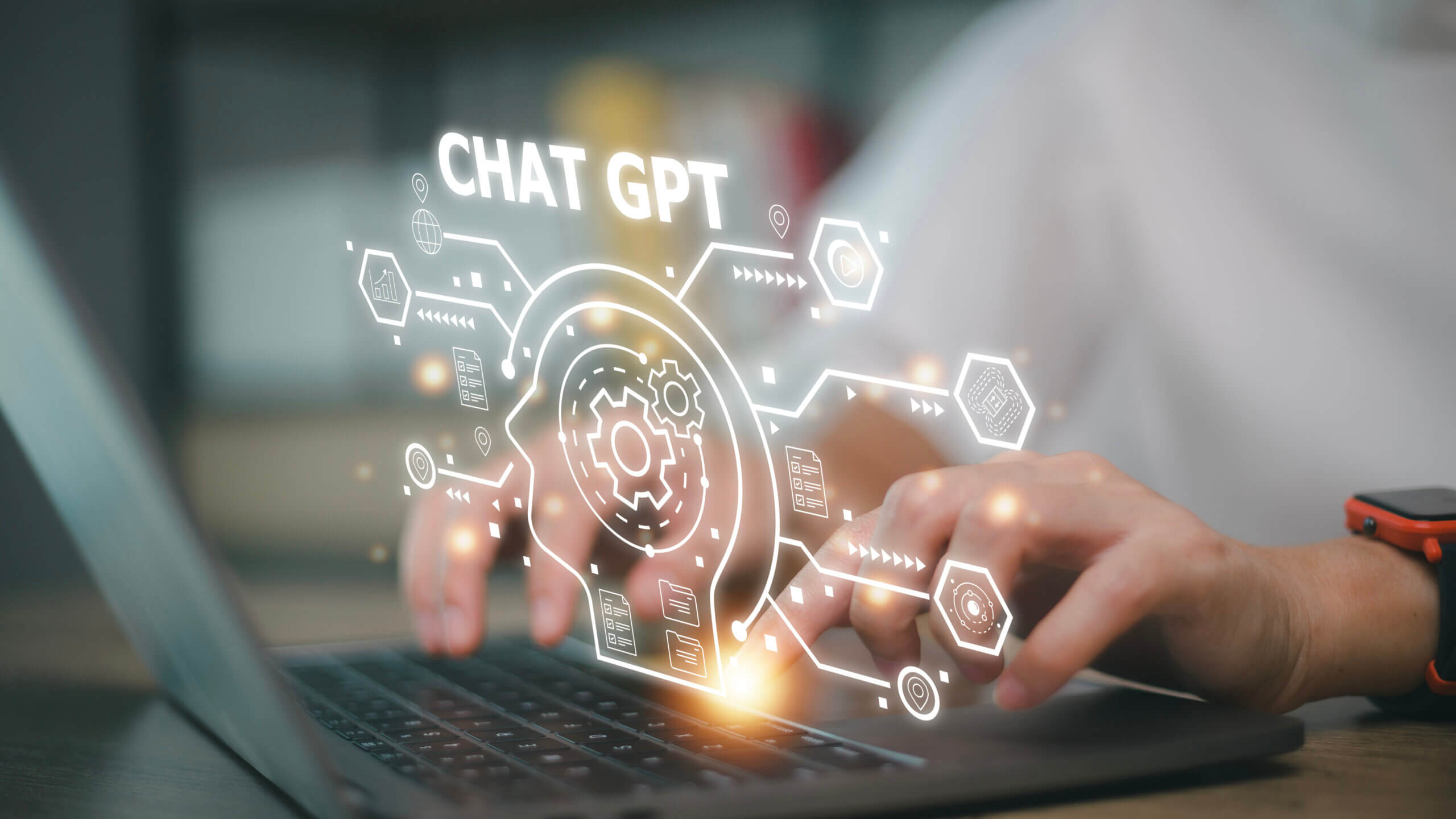Intellectual Property Rights?
Artificial intelligence, or AI, has impressed many with its ability to generate not only written work such as essays and poems but even artwork. The creative capabilities of AI are so stunning that even the Museum of Modern Art in New York recently displayed AI-generated art. But AI doesn’t create content out of thin air. On the contrary, AI tools process and then reuse already existing information skimmed from images and text all over the internet. This presents a serious problem for intellectual property law and has even triggered litigation.
If you’re the owner of intellectual property, or you’re an AI developer who intends to use this valuable tool to generate content, you need to understand the emerging legal issues at stake. The Intellectual Property Law team at Seder and Chandler is staying up to date on this new technology and is ready to provide advanced legal counsel, regardless of how AI impacts you.
The Potential Legal Problems Involved with AI
AI tools are capable of generating writings and artwork, but they don’t develop such content independently. These AI platforms are trained to process tremendous amounts of data, including, images and text, and then use the information harvested to generate what is or appears to be an original work. In designing art or writing essays, however, AI tools harvest exemplar material that is often protected by copyright and other forms of intellectual property.
Therein lies the main legal conundrum, which itself can be divided into three broad questions:
- Do AI tools infringe on copyright, patents, and trademarks when they access (without permission) such legally protected material?
- If you use an AI tool to generate content of some kind, how do you know who owns the original sample content and whether it’s protected?
- If you’re the owner of intellectual property that has been incorporated without your consent into AI-generated work, how do you enforce your rights?
Where the Law May Lead
There are potentially serious issues to sort out regarding intellectual property rights and their intersection with AI creations. The courts are already being asked to weigh in. A case filed in late 2022 named Andersen v. Stability AI et al. pits artists against several generative AI platforms. The lawsuit focuses on the fact that these platforms used the artists’ original work, without a license, to train and develop AI tools. Third-party individuals who then used these AI platforms to create work were unwittingly using intellectually protected content.
Getty, a well-known image licensing service, has also initiated legal action. The company accuses the creators of Stable Diffusion of improperly using its photos to train AI platforms to generate new content. By pulling data from these images, Getty alleges, Stable Diffusion is infringing upon its rights.
The fair use doctrine allows content that is otherwise protected by copyright law to be used for various purposes, such as creating so-called “transformative work.” There is a major difference at stake between derivative and transformative work. The former involves content that is not distinct enough from the original work and must therefore requires consent of the creator of the original work. The latter refers to acceptable use of existing work to create unique new content. If content is transformative, this fact may defeat an intellectual property infringement lawsuit.
Let SederLaw Serve Your Unique Legal Needs
It is without question that AI has altered the legal landscape surrounding intellectual property rights. As cases like the above continue to be litigated, new and potentially landmark decisions will be handed down that will affect content creators, intellectual property owners, and AI developers alike.
